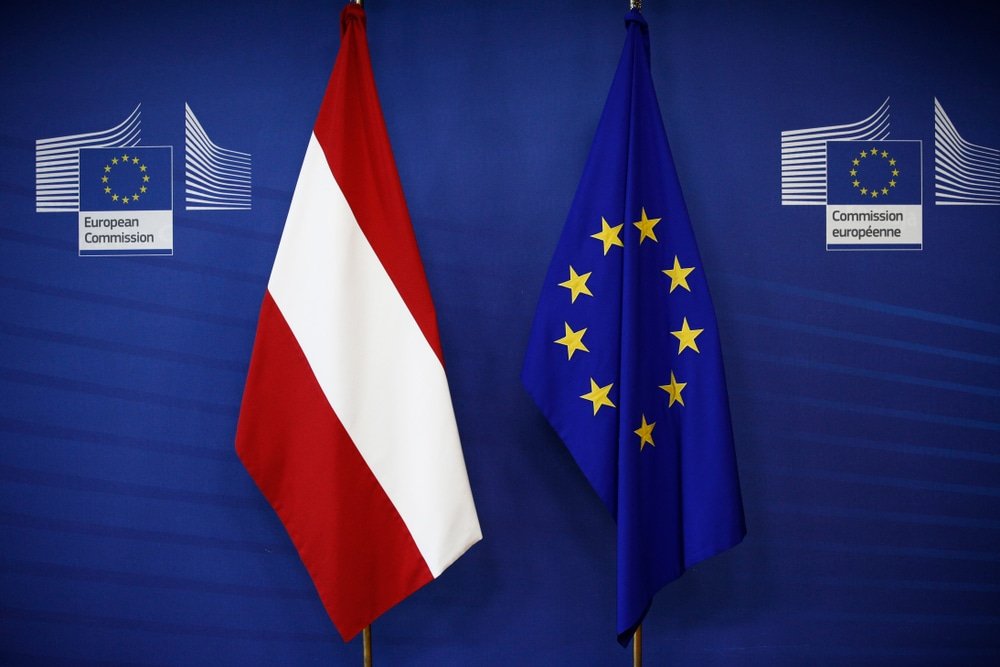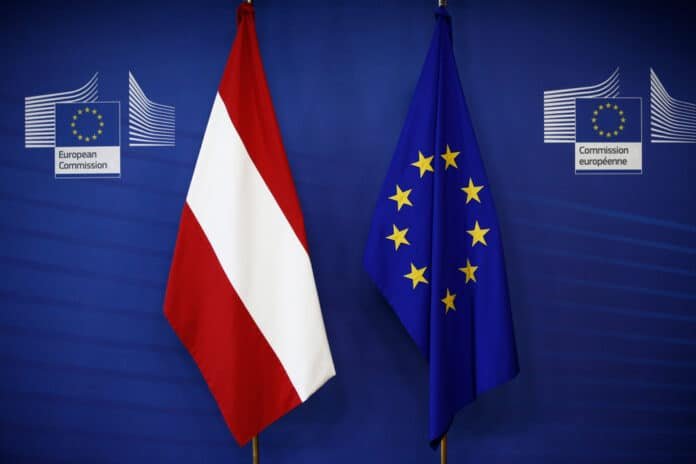Austria has implemented the EU Collective Redress Directive. The Representative Actions Directive Implementation Amendment (VRUN) took effect on 18 July 2024. The legislation aims to eliminate unlawful business practices, whether domestic or cross-border, that jeopardize or adversely affect the interests of a “significant” number of consumers, while also providing avenues for compensation.
Pursuant to the Directive, only “qualified entities” are permitted to initiate representative actions. The Vienna Commercial Court holds exclusive jurisdiction over all representative actions, irrespective of the dispute’s monetary value. Any conflicting contractual arrangements are invalid and unenforceable.
The newly enacted legislation empowers qualified entities to initiate legal proceedings against companies whose actions violate or pose a threat to the collective interests of consumers through a representative action for injunction, which seeks either cessation or prohibition.
Unlike most other member states of the European Union, Austria allows for legal claims to be based on any infractions that may jeopardize the collective interests of consumers, rather than being limited solely to breaches of EU law.
Compensation claims may also be pursued through a representative action for redress. Such claims must encompass a distinct request for redress from a minimum of 50 consumers who are facing fundamentally similar situations involving the same organization. Qualified entities may indicate in the claim that additional consumers are permitted to participate in the redress procedure and outline the precise criteria for their inclusion.
Consumers have the opportunity to join the redress procedure within three months following the announcement of the decision to initiate a representative action.
The Austrian legislature has adopted a relatively permissive stance regarding litigation funding. Not only is third-party funding for collective actions allowed, but the qualified entity may also require that consumer involvement in a representative action be contingent upon the participants signing the litigation funding agreement concluded between the qualified entity and the litigation funder.
At present, the Austrian Federal Economic Chamber and the Austrian Federal Chamber of Labor are recognized as qualified entities for both national and cross-border actions. Additionally, the Austrian Chamber of Agriculture, the President’s Conference of the Austrian Chambers of Agriculture, the Austrian Trade Union Federation, the Association for Consumer Information, and the Austrian Senior Citizens’ Council are permitted to act as qualified entities within the domestic sphere.
Legal claims may also be pursued via the “Austrian style” collective action, which permits the assignment of legal claims to a third party for collective enforcement. This type of collective action, already recognized under Section 29 of the Consumer Protection Act and Section 14 of the Unfair Competition Act, remains unaffected by the newly introduced European representative action.




